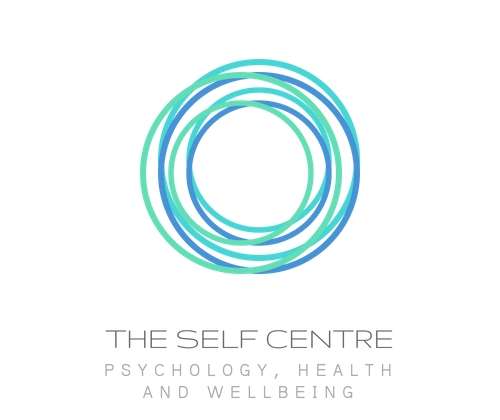
Feeling a bit Negative lately? Just be Grateful …
by Lyndsay Babcock
Psychologist & Director – The Self Centre
Have you ever paid attention to whether you tend to be pessimistic or optimistic in our outlook on things?
Did you know that you can influence your orientation?
You may not get to choose whether you’re naturally pessimist or an optimistic, but you can choose how to respond when you have pessimistic thoughts, and you can choose to give yourself opportunities to you notice the good things.
People who are optimistic tend to notice the good things a little more easily than those who are pessimistic. But that doesn’t mean that people who are pessimistic are domed to negativity, they can learn to dial up their optimism over time.
Practicing gratitude on purpose with intention can help people learn to become a little more naturally optimistic.
Practising gratitude teaches your mind to focus on purpose on things that are good, things that are working, or things that you enjoy. We know that what we think about and what we pay attention to has a great impact on how we feel.
So, if you’re wanting to increase your experience of satisfaction, fulfilment, peace, joy, etc then practising gratitude is a simple and effective way to teach your brain to notice what’s working instead of noticing what isn’t working.
If you find that you are naturally a little pessimistic, let me ask you this: how often do you on purpose practice gratitude? Do you stop yourself throughout the day and ON PURPOSE notice things that are good? Do you reflect on your day just before you go to bed and list 3 things that you’re grateful for? Do you wake up in the morning and focus on possibility and the opportunities ahead of you? If not, that’s ok, but these are some simple strategies that you can begin to do in order to increase your gratitude and have an influence positive emotions and optimism
Start by listing 3 things in your day that you are grateful for – they can be big or very small. Do this every day for 2 weeks and see how that impacts your mood.
Disclaimer: Always seek support when your mood is low, and discuss strategies with your GP or psychologist to make sure they are the right fit for you and your treatment goals.
